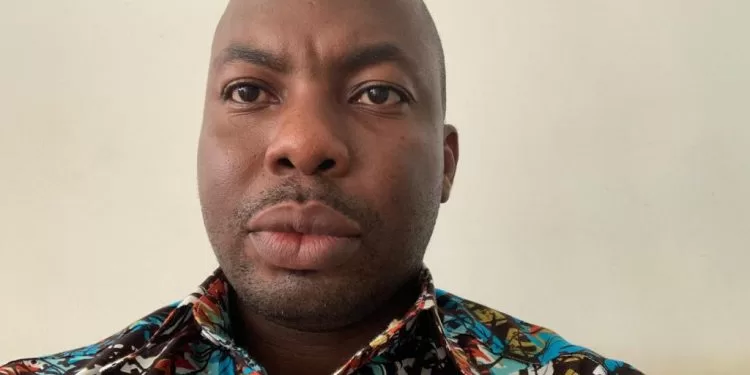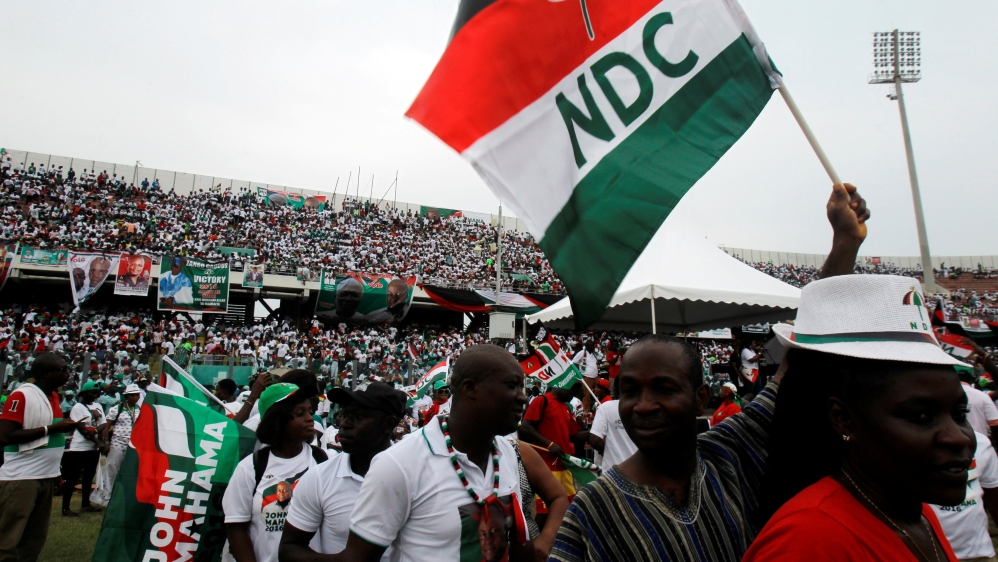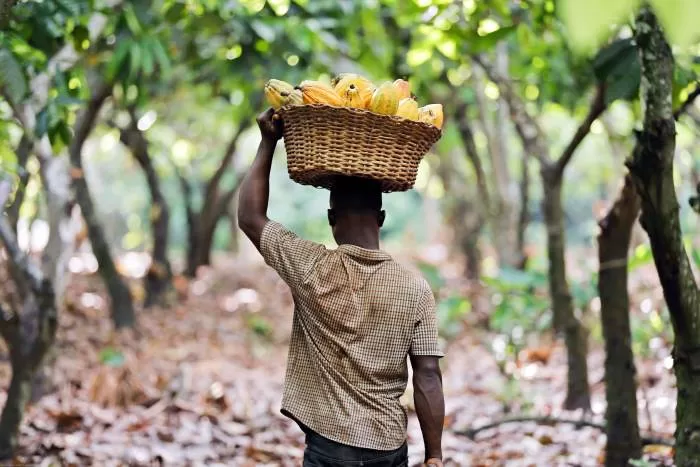Dr Elikplim Kwabla Apetorgbor, Chief Executive Officer of the Independent Power Generators, Ghana (IPGG), has called on the Volta River Authority (VRA) to cease exporting power and instead focus on meeting the domestic electricity demands amidst the current power crisis.
IPGG asserts that Ghana is currently facing a power crisis, prompting the need for VRA to limit the export of hydro-generated electricity to neighbouring countries where consumers enjoy significantly lower power tariffs.
In a statement, Mr Apetorgbor emphasized the necessity for the Public Utilities Regulatory Authority to refrain from imposing high electricity tariffs on Ghanaians, particularly during periods of unstable power supply.
Furthermore, Mr. Apetorgbor urged the Energy Commission to implement proactive measures ensuring fair tariff distribution between domestic supply and export, thereby fostering equity in electricity pricing.
“We are currently in crisis, Ghanaians are sleeping in darkness, companies cannot operate with a guaranteed power supply, there is a shortage in supply, etc. making the available cheap hydro generation to Ghanaians, the taxpayer, is supreme and must be of prime consideration, irrespective of your survival concerns.
“Why should jurisdictions that contribute nothing to Ghana’s economy be prospering on a cheap resource? Ghanaians are paying very high tariffs, averaging 14 cents/kWh, particularly at peak time, while those neighbouring countries enjoy about half of the tariff. This is not fair to the Ghanaian.
“Energy Commission will be seen as biased to other participants in the sector, if this export is not stopped immediately for the benefit of the Ghanaian taxpayers. We are aware of situations in the recent past where load shedding is high and at the same time over 200MW of generation capacity is being exported.”
He also urged the ECG to prioritise clearing the debt owed to the independent power producers to ensure stable production and supply of power.
“The Volta River Authority (VRA) has, on a number of occasions, raised concerns regarding the prioritization of payments to IPPs by the Electricity Company of Ghana (ECG), suggesting a complex interplay of financial obligations and sectoral priorities.
“This concern is one of the reasons the cash waterfall mechanism was introduced and being reformed, where regulatory frameworks, operational roles, and financial considerations are continuously balanced to ensure the sector’s sustainability and reliability. It is equally important for any interested party to police the collections and ensure fairness in disbursement.”



















